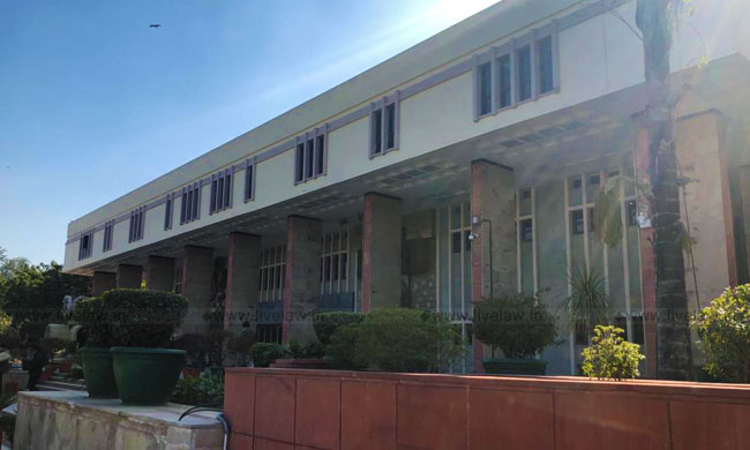"In the modern times of globalization, foreign creditors cannot be treated differently from domestic creditors," the Delhi High Court has observed.Justice Amit Bansal observed thus while dealing with an application filed under Order VII Rule 11 of the Code of Civil Procedure, 1908 (CPC) on behalf of the applicant (defendant no.2) seeking rejection of the plaint.Between 16th July, 2013 and...

